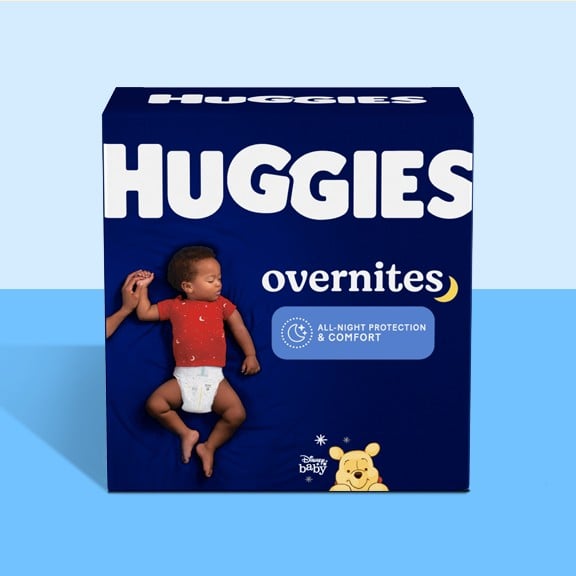Feeding
If your baby is going through a growth spurt, they are likely to need to be fed more often. Don’t worry if your supply seems low for a day or so. If you allow your baby to feed more often and ensure they are suckling correctly, your supply will increase.
If you are bottle feeding, you may be increasing the amount of formula you are offering in each bottle. Don’t forget that your baby will need formula for the first 12 months of their life. Regular cow’s milk should not be started until after the first year.
Sleeping
Keep following safe sleep guidelines. Always position your baby on their back, in a safe and empty crib or bassinet. Do not sleep with your baby. Have the baby’s bassinet or crib in the same room with you for at least 6 months. Safe sleep recommendations are for a baby’s first year of life.
Behavior and development
Try to find time each day to read to your baby. They won’t be too particular about what you are reading, but the sound and rhythm of your voice will help your baby lay the foundation for their own speech and language to develop. Don’t forget to sing too, and recite some nursery rhymes. Your baby can only benefit from your loving interactions.
Don’t forget tummy time every day. Your baby’s tolerance for having this is hopefully increasing and you’ll see the benefits as they lift their head to almost 45 degrees. Watch out for that little bobbing head though; it can be hard to hold up for long! A soft blanket is usually enough protection for their nose and face if they fall.
Crying
Some cries are easier to tolerate than others. Follow your own gut feeling on whether you feel your baby needs immediate attention. Research shows that babies who are attended to quickly tend to cry less and be more settled than those who are left to cry.
Routine
This may be the week when you get out more and aren’t so focused on the baby. Although a trip out might take a lot of planning, it can be worth it just to have a break from being at home. Don’t underestimate the importance of having a supportive network of family and friends. New parents are not meant to be isolated are highly social creatures by nature.
Things to remember
Watch their response when you interact with them and be sensitive to their cues. One of the most important factors in raising emotionally healthy children is that parents are tuned into them.
Communicating with your baby is a two-way process. If your baby breaks eye contact with you, looks away, or becomes fussy, take this as a sign that they need to move onto something else.
No need to worry that you are spoiling your baby by going to them quickly when they cry. Your baby is progressing through a very important stage in their development from now until one. During this time, they will learn who to trust and who will best meet their needs.
The information of this article has been reviewed by nursing experts of the Association of Women’s Health, Obstetric, & Neonatal Nurses (AWHONN). The content should not substitute medical advice from your personal healthcare provider. Please consult your healthcare provider for recommendations/diagnosis or treatment. For more advice from AWHONN nurses, visit Healthy Mom&Baby at health4mom.org.










